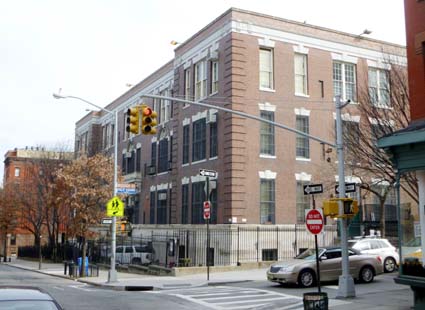Review and Comment: School

The schools of Finland have been getting a very good press. In one of the latest encomiums, our local education guru Diane Ravitch — no fan of school reforms promoted by Mayor Bloomberg, Governor Andrew Cuomo or even President Obama or Bill Gates — writes in the March 8 issue of The New York Review of Books about her visit to Finland, which “has one of the highest performing school systems in the world …” She revels in a public school atmosphere of bright and airy modern buildings, well-trained teachers, no vouchers or charter schools, and no evaluation of teachers in relation to students’ test scores.
Her article brought back my own memories of early school years in Finland. How much has changed! It’s as if Finland has emerged from the bad old days to which the United States now rushes to relive. I remember the first three or four grades as rather easy. I endured two humiliations: one, when I enthusiastically joined in a song in class, and the teacher told me to stop because I was out of tune; the other, when I, a generally obedient child, acted up in class and the teacher admonished me with “Dear Henrik.” I had to hear “Dear Henrik” from classmates for days afterward. However, by the fifth grade we were effectively in high school. The single homeroom teacher gave way to separate teachers for different courses, and there were memorization and tests aplenty.
So it was with nothing less than joy that I found myself at Adelphi Academy in Brooklyn, an enterprising American uncle having arranged a scholarship for me (Finland was very popular at the time, the brave little country fighting the big bad Russian bear in the Winter War of 1939-40). Instead of rote memorization (most of it long since forgotten) we did team projects. We created a large model of a medieval castle with surrounding fields, made illuminated manuscripts and drew knights in armor and ladies in long habits. More practically, we learned about crop rotation, trade and the feudal system. It was fun! Much of that learning has lasted.